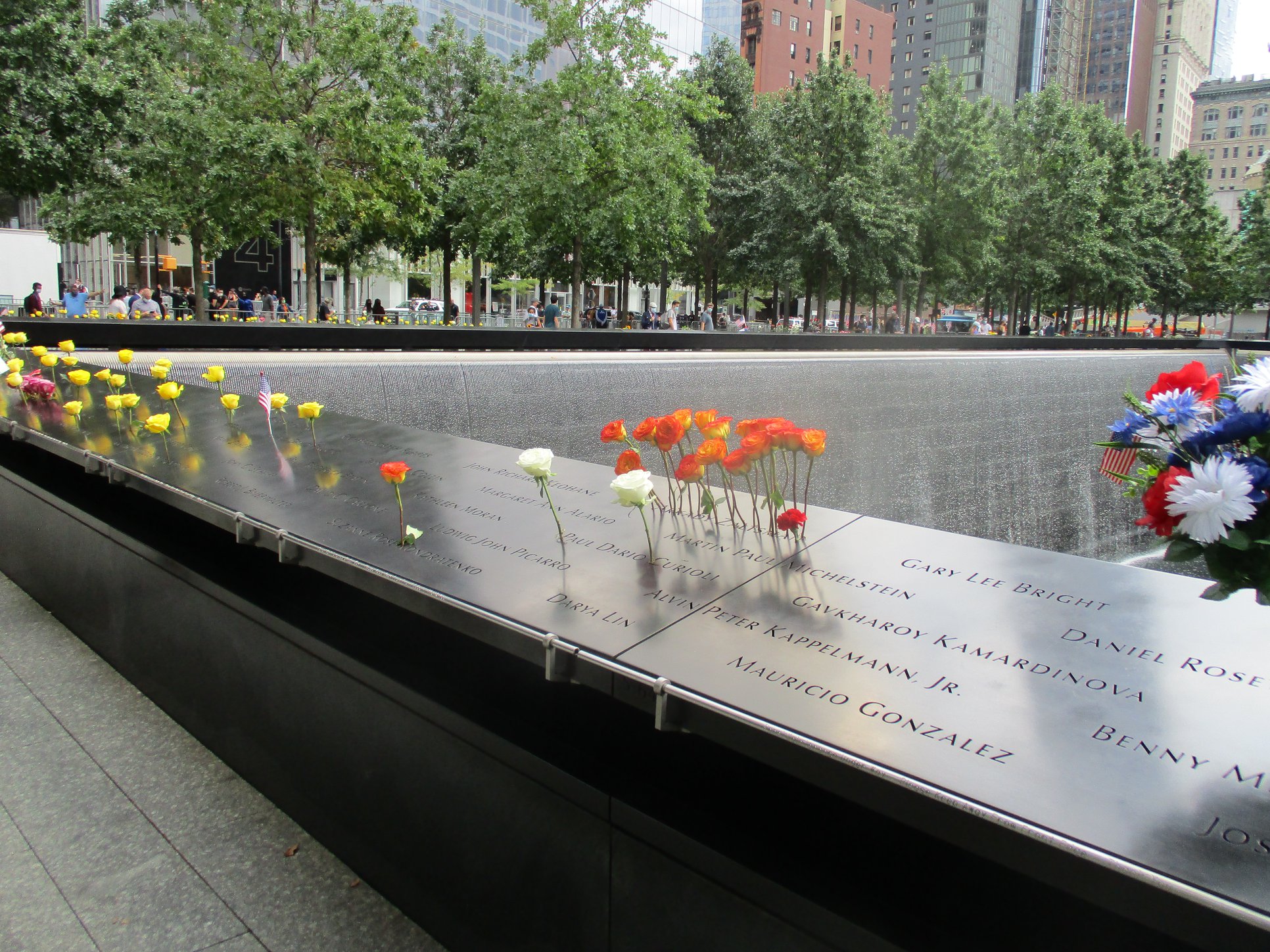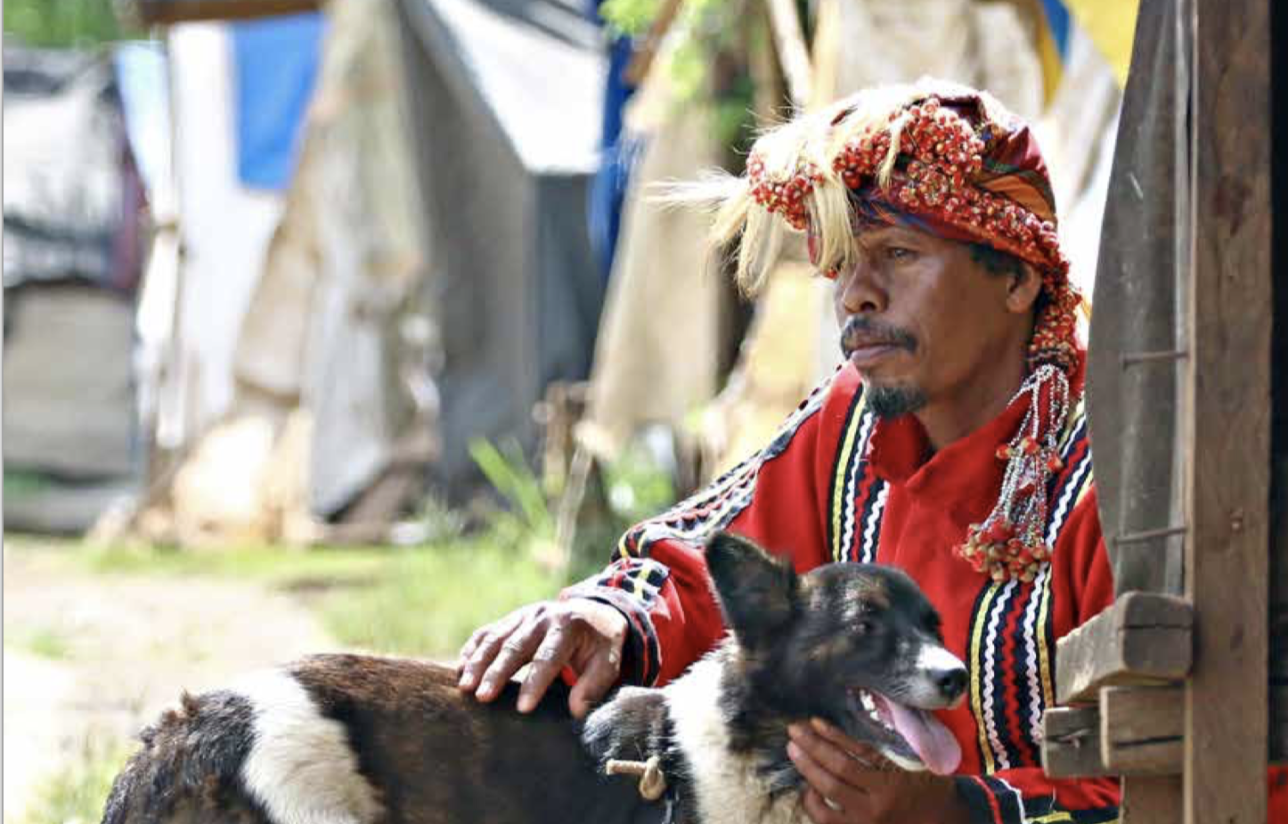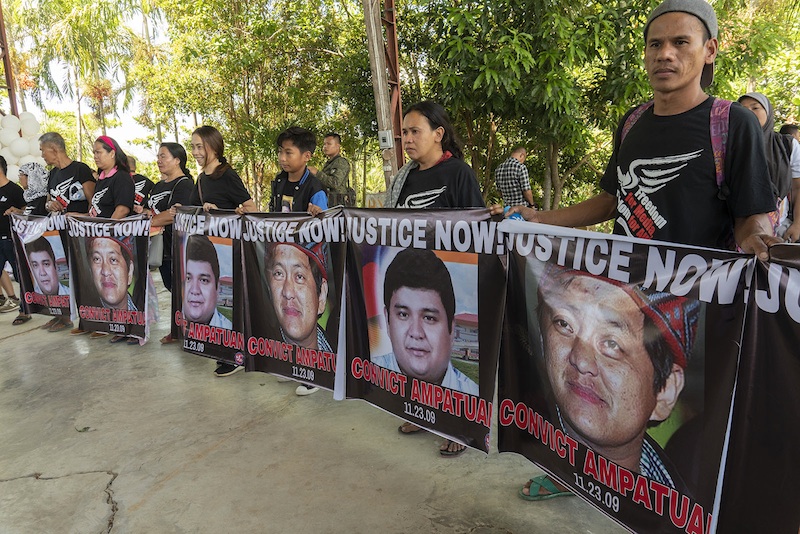
ICC prosecutors bring charges against Duterte
International Criminal Court prosecutors brought charges against former Philippine President Rodrigo Duterte for crimes against humanity, alleging he orchestrated thousands of murders during the grisly anti-drug campaign that has come to define his legacy. The prosecutors accuse Duterte of directing killings from 2011 to 2019, first as mayor of Davao City and later as president. They allege that as mayor he established “liquidation squads,” collectively known as the Davao Death Squad, and expanded such operations nationwide after taking office as president in 2016. (Photo: OSeveno/WikiMedia)





